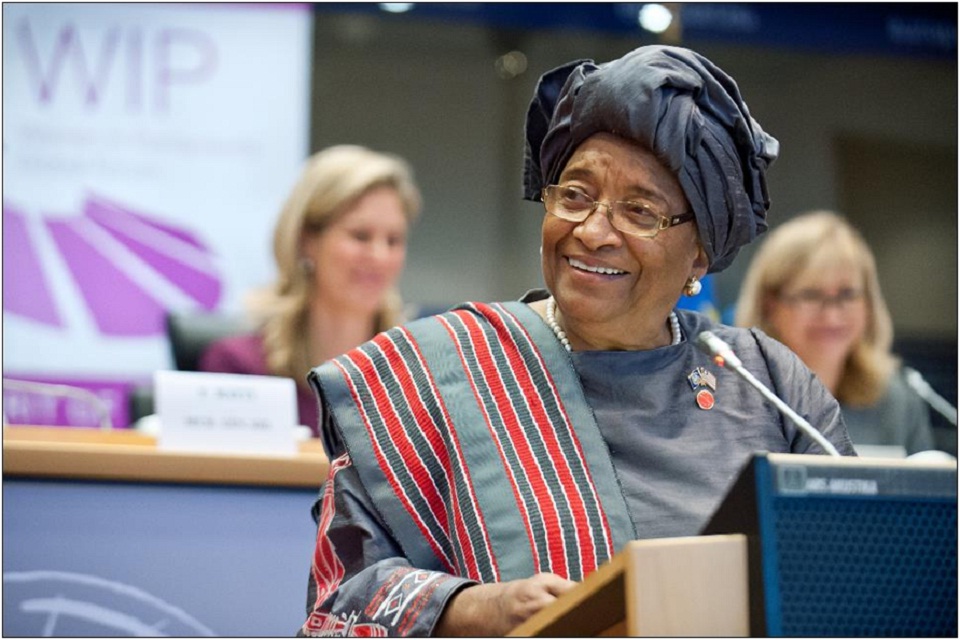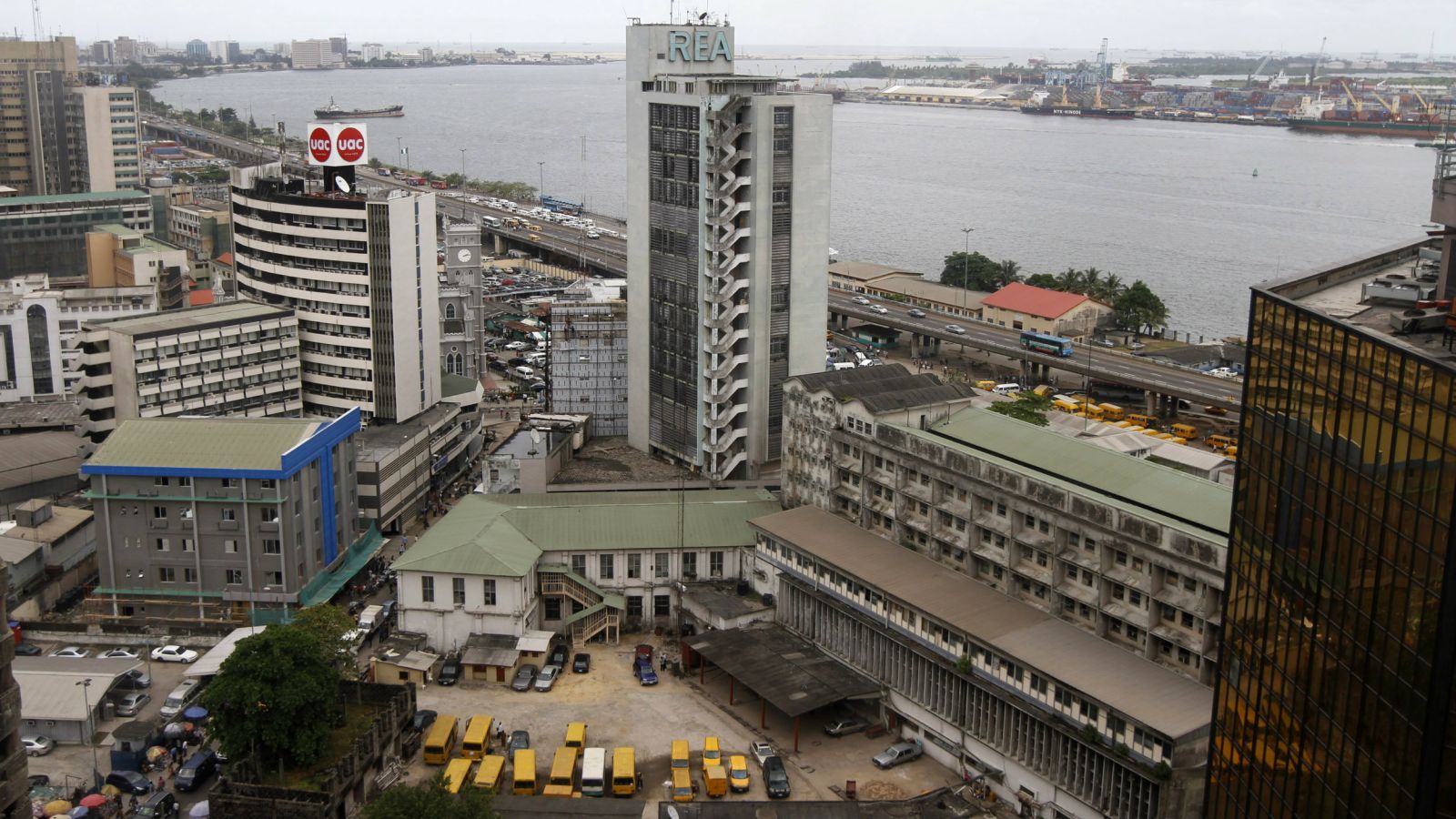Health experts say more than 700 people have died of malaria so far this year in Burundi, prompting the government to declare the disease an epidemic.
The determination was based on findings of a survey by Burundian and World Health Organization experts, said Josiane Nijimbere, Burundi’s Minister of Health.
She said there have been 1.8 million cases of malaria registered since the beginning of the year — a huge number in a country with a population of less than 11 million.
The minister attributed the increase of malaria partly to climate change.
“There is a strong association between malaria and warm temperatures, which have led to significant increase in malaria cases because of the spread of mosquitoes,” Nijimbere told reporters Monday.
According to the World Health Organization, some 8.2 million Burundians — 73 percent of the total population — were affected by malaria in 2016. More than 3,800 died.
The health minister said government is dispatching doctors and health care providers to villages to care for patients who cannot afford to go to hospitals.
The government says it needs at least $31 million to fight the epidemic.
Aid agencies have warned that Burundi’s ongoing political crisis is hurting the economy and contributing to a humanitarian crisis.
The small African country has been in turmoil since President Pierre Nkurunziza ran for a controversial third term in 2015. Some 400,000 Burundians have fled to neighboring countries to escape political violence and reported human rights abuses.
A U.N. report last month said the number of people in need of assistance increased from 1.1 million to at least 3 million.
The determination was based on findings of a survey by Burundian and World Health Organization experts, said Josiane Nijimbere, Burundi’s Minister of Health.
She said there have been 1.8 million cases of malaria registered since the beginning of the year — a huge number in a country with a population of less than 11 million.
The minister attributed the increase of malaria partly to climate change.
“There is a strong association between malaria and warm temperatures, which have led to significant increase in malaria cases because of the spread of mosquitoes,” Nijimbere told reporters Monday.
According to the World Health Organization, some 8.2 million Burundians — 73 percent of the total population — were affected by malaria in 2016. More than 3,800 died.
The health minister said government is dispatching doctors and health care providers to villages to care for patients who cannot afford to go to hospitals.
The government says it needs at least $31 million to fight the epidemic.
Aid agencies have warned that Burundi’s ongoing political crisis is hurting the economy and contributing to a humanitarian crisis.
The small African country has been in turmoil since President Pierre Nkurunziza ran for a controversial third term in 2015. Some 400,000 Burundians have fled to neighboring countries to escape political violence and reported human rights abuses.
A U.N. report last month said the number of people in need of assistance increased from 1.1 million to at least 3 million.
By VOA



